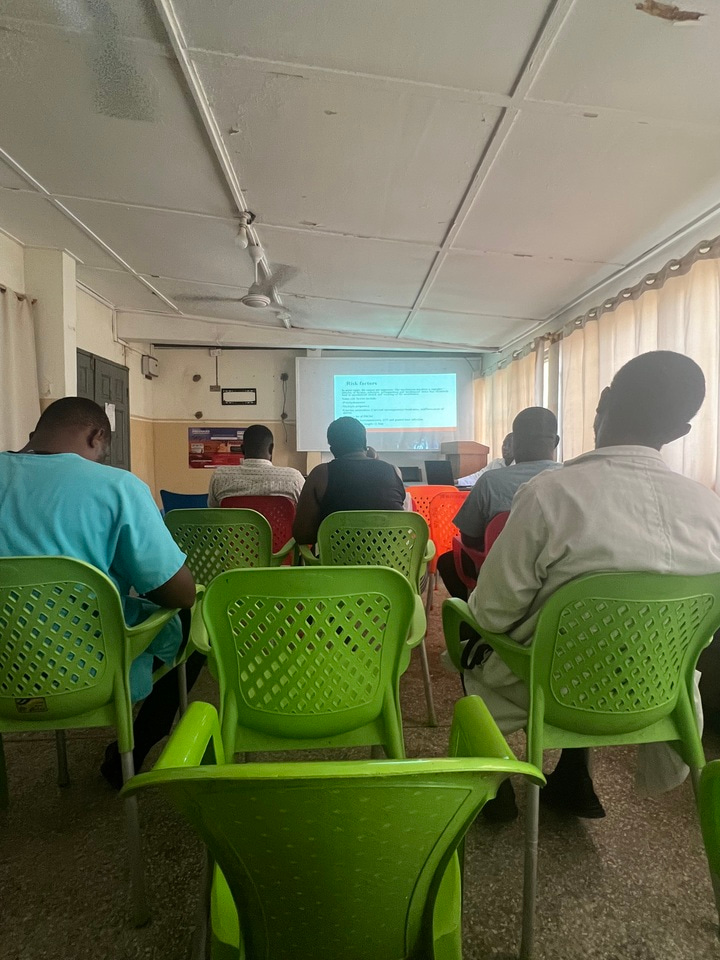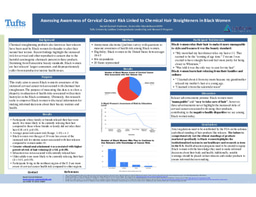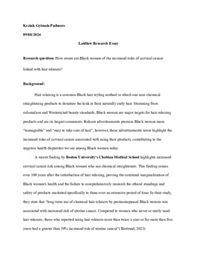Post 3: Final Week — Hand-Off Plan and Leadership Reflection

As my placement comes to a close, the impact of the nurses’ strike remains deeply clear. Many mothers and babies experienced preventable harm because emergency care was delayed or inaccessible. The crisis exposed both weaknesses and strengths within the healthcare system.
In response, I worked closely with local staff to develop practical tools—patient care charts tailored for prenatal and postnatal care, checklists for pregnancy complications like preeclampsia, and communication guides that include Twi phrases. A midwife shared with me, “These tools help us stay organized, especially when the hospital is busy or short-staffed.” Knowing these resources will remain after I leave gives me hope that they will support continued quality care.
Faith quietly but powerfully supported the healthcare teams throughout. The daily prayers and songs asking God to strengthen and guide them fostered unity and resilience during overwhelming challenges.
One of the greatest leadership lessons I learned was that leading sometimes means stepping into support roles—taking vitals, monitoring fetal heart rates, assisting midwives—to maintain continuity and morale. Leadership is about humility, adaptability, and serving where the need is greatest.
As I hand off my work, I offer this question to the community and future Laidlaw Scholars:
How can healthcare leaders build systems that balance clinical expertise, compassion, cultural awareness, and resilience—so that mothers and babies receive safe, timely care even when the system is under pressure?



Please sign in
If you are a registered user on Laidlaw Scholars Network, please sign in